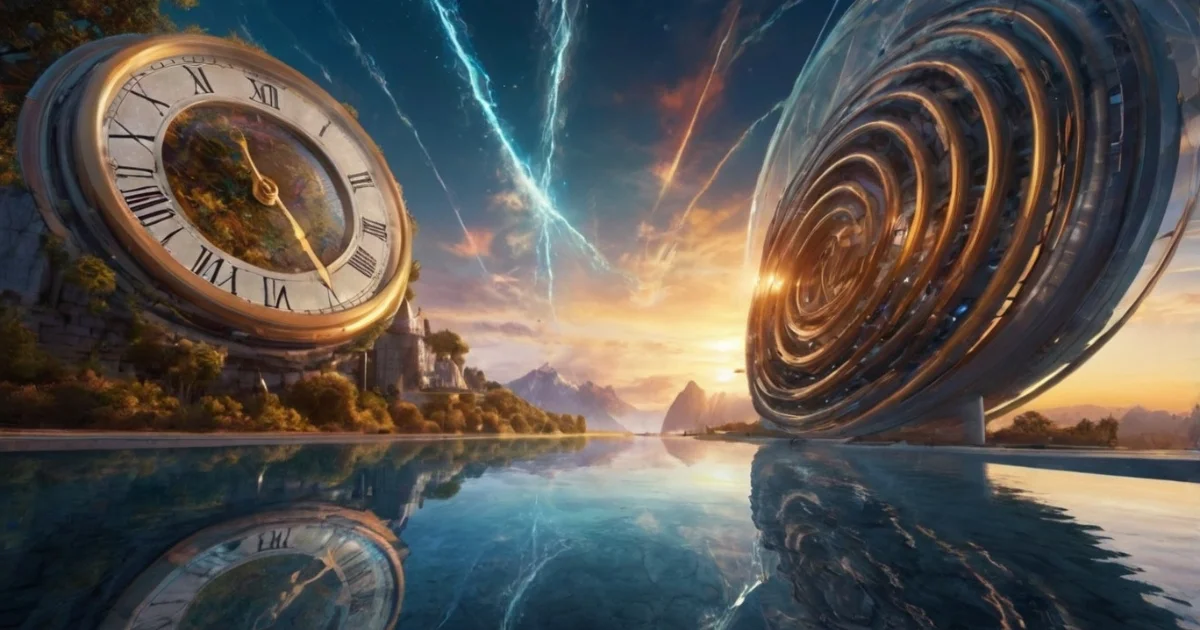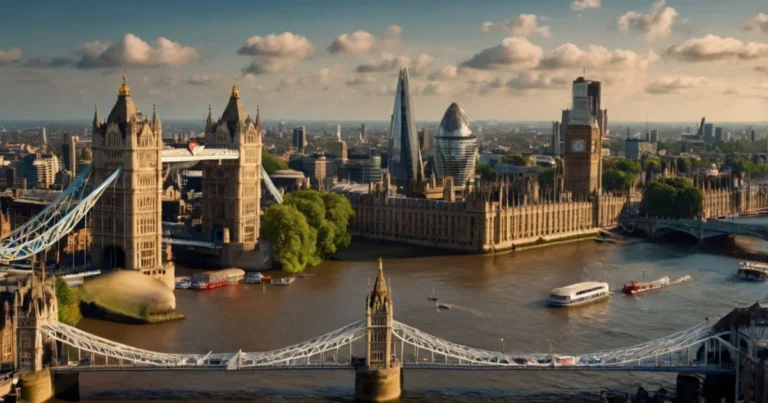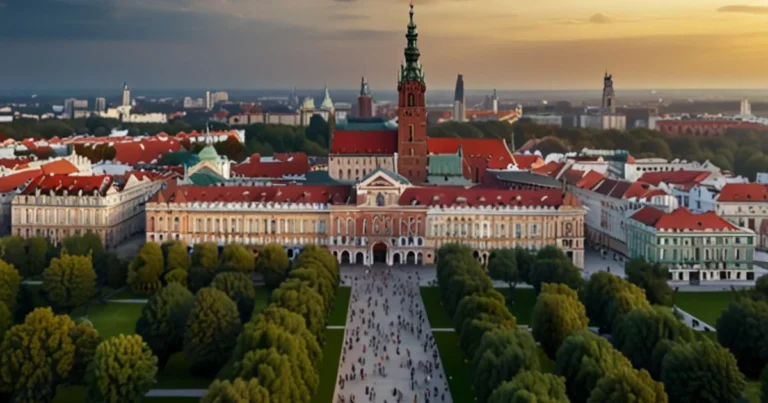What is time travel possible in 2024
Introduction
Time travel has always fascinated humankind. The idea of journeying through time, whether to the distant past or an unknown future, captures our imagination like no other concept. From H.G. Wells’ “The Time Machine” to modern-day blockbusters like “Avengers: Endgame,” time travel has remained a tantalizing topic that blends science fiction with profound scientific theories. But is time travel possible in 2024? Let’s dive into the depths of science, theory, and imagination to explore this captivating question.

Understanding Time Travel
Time travel, at its core, refers to the movement between different points in time, much like we travel through space. Historically, time travel has been a subject of myth, literature, and philosophical debate. It has intrigued thinkers from ancient civilizations to contemporary scientists. Popular culture has further entrenched time travel in our collective consciousness, with countless books, movies, and TV shows exploring the theme in various ways.
Theories of Time Travel
One of the most compelling scientific theories related to time travel is Albert Einstein’s Theory of Relativity. According to Einstein, time is not a constant and can be warped by speed and gravity. This theory gives rise to the concept of wormholes – hypothetical bridges in spacetime that could potentially allow for time travel.
Quantum mechanics also offers intriguing possibilities. Quantum entanglement and superposition suggest that particles can exist in multiple states at once, hinting at a more complex understanding of time and space. Though still theoretical, these ideas provide a scientific framework that could one day make time travel a reality.
Scientific Possibilities
In 2024, the scientific community is making strides in understanding the mechanics of time travel. While no one has yet built a working time machine, various experiments and theoretical studies are pushing the boundaries of what we know. Researchers are exploring the nature of black holes, the fabric of spacetime, and the potential of quantum particles to unveil the secrets of time travel.
Prominent scientists like Stephen Hawking have weighed in on the topic, with Hawking famously hosting a “party for time travelers” to test the hypothesis – no one showed up, but the experiment was thought-provoking. Current feasibility studies focus on the immense energy requirements and the need for stable, navigable wormholes.
Technological Hurdles
The road to time travel is fraught with technological challenges. The energy needed to warp spacetime or create a wormhole is beyond our current capabilities. Stabilizing a wormhole, if it exists, poses another significant hurdle. Additionally, the potential risks, such as the collapse of the wormhole or unforeseen consequences of altering the timeline, make this endeavor highly precarious.
Ethical and Philosophical Considerations
Time travel isn’t just a scientific challenge; it also raises profound ethical and philosophical questions. The moral implications of altering history, the potential to create paradoxes, and the impact on human lives must all be considered. Would it be ethical to change past events? What responsibility would time travelers have to the timeline? These questions fuel ongoing debates among philosophers and ethicists.
Time Travel in Popular Culture
Movies and TV shows have heavily influenced our understanding of time travel. Classics like “Back to the Future” and “Doctor Who” have created iconic narratives that shape public perception. These stories often simplify complex scientific concepts, leading to misconceptions but also inspiring future generations of scientists.
The Grandfather Paradox
One of the most famous time travel conundrums is the Grandfather Paradox. This paradox questions what would happen if you traveled back in time and prevented your grandfather from meeting your grandmother, thus preventing your birth. Solutions to this paradox include the many-worlds interpretation, which suggests alternate realities are created with each action, avoiding contradictions.
Time Loops and Alternate Realities
Time loops and alternate realities are popular themes in time travel fiction. A time loop involves repeating the same period repeatedly, often until a specific condition is met. Alternate realities suggest that each decision creates a new timeline, branching off into multiple possible futures. These concepts, while speculative, encourage us to think about the nature of time and our place within it.
Current Research and Experiments
Leading research institutions worldwide are at the forefront of time travel studies. Recent experiments with particle accelerators, black hole observations, and quantum entanglement continue to reveal new insights. While practical time travel remains elusive, these studies lay the groundwork for future breakthroughs.
Potential Applications of Time Travel
If time travel became possible, its applications would be revolutionary. Historians could study events firsthand, scientists could gather data from the future to advance technology, and medical researchers might find cures by observing the future’s advancements. The possibilities are as endless as they are exciting.
Challenges Ahead
Despite the potential, many challenges remain. Time travel research requires substantial funding and resources, and societal support is crucial. Collaboration among international scientific communities is necessary to pool knowledge and address technological and ethical issues.
Public Opinion on Time Travel
Surveys and polls indicate a mixed public opinion on time travel. While some are excited by the prospect, others are skeptical or fearful of its implications. Public perception can influence research funding and support, making it essential to pursue time travel.
Future Prospects
The next decade may bring significant advancements in our understanding of time travel. With continued research and technological progress, we could move closer to making time travel a reality. However, even with breakthroughs, practical and safe time travel might still be decades or centuries away.
Conclusion
In 2024, time travel remains a tantalizing possibility, grounded in theoretical physics and scientific curiosity. While we have not yet achieved the dream of moving through time, the ongoing research and philosophical discussions keep the hope alive. As we continue to explore the mysteries of the universe, who knows what the future – or the past – might hold?
FAQs
1- What is the current status of time travel research?
Ans: Current research focuses on understanding the fundamental aspects of spacetime, black holes, and quantum mechanics. While practical time travel is not yet possible, theoretical studies and experiments are ongoing.
2- How do scientists propose to overcome the energy requirements for time travel?
Ans: Overcoming energy requirements involves exploring new energy sources and understanding the mechanics of wormholes and spacetime warping. Innovations in quantum mechanics may also provide solutions.
3- What are the potential risks associated with time travel?
Ans: Risks include the stability of time travel methods, potential paradoxes, and unforeseen consequences of altering the timeline, which could have significant impacts on the present and future.
4- Can time travel impact our present timeline?
Ans: The impact on the present timeline depends on the nature of time travel. Some theories suggest creating alternate realities, while others propose changes that could directly affect our current timeline.
5- How has time travel been portrayed in popular culture?
Ans: Time travel is a popular theme in movies, TV shows, and literature, often portrayed with creative liberties. Notable examples include “Back to the Future,” “Doctor Who,” and “The Time Machine,” which shape public perception and inspire scientific curiosity.






